Dr Sean Kang
Associate Professor in Learning Sciences
University of Melbourne
Dr Sean Kang is an Associate Professor in the Science of Learning at the University of Melbourne Faculty of Education and coordinates their Professional Certificate in Educational Neuroscience and the Science of Learning specialisation in the Master of Education. His research focuses on applying the cognitive science of human learning and memory towards improving instruction and student learning, and he has investigated the benefits of learning strategies such as practising retrieval from memory, spacing of study opportunities, and interleaving of practice. He is also interested in learner metacognition and how teachers can promote students’ self-regulated learning. Aside from publishing in academic journals and presenting at academic conferences, he provides professional development to teachers/practitioners in schools and other educational settings. He also serves on the editorial board of the journals Contemporary Educational Psychology, Applied Cognitive Psychology, and Journal of Applied Research on Memory and Cognition.
%20resized.jpg)
Keynote
Topic: Promoting Durable and Efficient Learning: Useful Insights from Cognitive Science
Do tests only measure learning, or can they also enhance learning? Should students review or practise the material they are trying to learn soon after they encounter it, or should they wait a while? During practice, should items of the same type/topic be grouped together or should they be intermixed among items of other types/topics? How we learn best may not correspond to how we think we learn best. This presentation will highlight how cognitive research on how we learn has yielded (nonobvious) principles about human learning and memory that have practical implications for pedagogy. Participants will have the opportunity to compare their intuitions about learning and instruction against findings from cognitive science research, and consider how they might apply various learning strategies in their own teaching to promote student learning.
